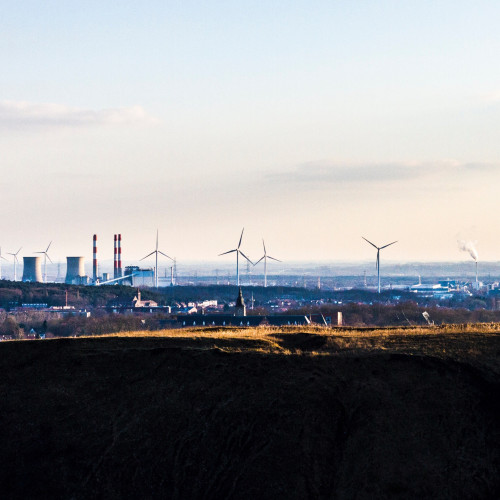The economic efficiency of nuclear power has three elements - stable costs, proven reliability and an almost zero carbon footprint. The recent turmoil in energy markets and the rapidly growing urgency of the climate change threat mean that these qualities have now become much more appreciated.
For years vocal opponents of nuclear power argued that it is too expensive. These critics have gone quiet now the cost of electricity generated by gas has soared above that produced by nuclear.
The availability of nuclear fuel from geographically and politically diverse sources has the big additional advantage that nuclear reactors will never be prevented from operating by a disruption to their fuel supply. By contrast there are now growing fears that relying on electricity generated by gas risks power cuts this winter.
Furthermore, extending the life of existing nuclear reactors, where this can be done safely, is the cheapest and quickest way to expand the world’s supply of very low carbon electricity. At the same time the reliability of nuclear power is increasingly important as dependence on intermittent renewable energy sources steadily rises.
All this shows that nuclear is very economically efficient. Its appeal may soon be even greater if the high upfront capital costs of new reactors fall. This will likely be facilitated by technological progress and higher production volumes.
The arrival of small and advanced modular reactors could significantly lower capital costs per unit of output. Coupled with the introduction of floating reactors, SMRs will also widen the locations where it is feasible to deploy nuclear power. This will deliver reliable clean electricity to many smaller more remote communities for the first time.
The possibility of substantial investment in new nuclear capacity offers another way to cut costs. Boris Johnson’s idea of building a new reactor in the UK every year was typically fanciful but a goal of eight new reactors over the next fifteen years is realistic.
To get the best value for money the Government should now invite tenders for two sets of four identical plants from the widest possible range of vendors. This will enable huge economies of scale to be achieved.
Political considerations may currently rule out bids from Russian and Chinese companies. Excluding Rosatom and CGN, whose proven technologies enable them to tender very competitively, certainly won’t help Britain’s consumers but is probably inevitable in the present circumstances.
Nevertheless in addition to EDF who are building at Hinkley Point and may start at Sizewell there are other potential vendors around the world from Japan and South Korea in the east to the US and Canada in the west.
This ambitious approach would restore the UK’s reputation, at present jeopardised by fracking fantasies and proposals for fossil fuel development in the North Sea, as a global leader in the response to climate change. Even more importantly for the British people it would also create jobs, develop supply chain skills and unlock export opportunities.
This article is part of the NNWI Forum 2022 series.








